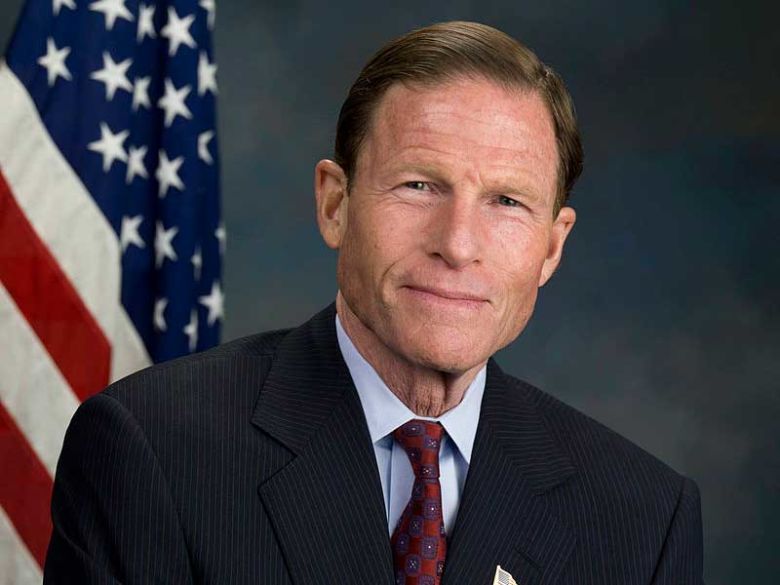Sens. Markey, Blumenthal Hammer Facebook, Zuckerberg

The smarter way to stay on top of broadcasting and cable industry. Sign up below
You are now subscribed
Your newsletter sign-up was successful
Sens. Ed Markey (D-Mass.) and Richard Blumenthal (D-Conn.) were not happy with Facebook's answers about children's in-app purchases and urged the FTC to review a complaint filed Friday about the issue.
The senators had sent Facebook CEO Mark Zuckerberg a letter citing evidence the company had knowingly manipulated children into spending their parents' money while playing games on Facebook.
Kevin Martin, VP, U.S. public policy, for Facebook (and former Republican FCC Chairman) responded, saying that Facebook does not engage in "friendly fraud."
The Senators had a couple of asks that Facebook was not willing to accommodate, including making all child-and youth-directed content ad-free—Facebook says the ads are necessary to keep the content free—and committing to refund money spent by children on in-app purchases—Facebook said it would refund for fraud and would consider refunding money to parents for in-game purchases by their kids, in the latter case something Martin said it "frequently" provides, but gave no guarantee.
Related: Hill Dems Hammer Facebook over Alleged Openness of Closed Groups

The Senators had also asked when Zuckerberg became aware that kids were likely unknowingly spending their parents money on in-game purchases. Martin responded instead with an explanation that the site advised that payments could only be made if a parent or guardian were involved, and that if a parent had linked a credit card to an account (or a child had used it without permission), they would get the payment notification and statement.
“Facebook’s answers to our reasonable questions were inadequate and do not inspire trust," Sens. Markey and Blumenthal said in a joint statement. "Facebook failed to explain why it did not act on widespread complaints of fraud until a court finally stepped in.
The smarter way to stay on top of broadcasting and cable industry. Sign up below
"It is clear that Facebook did not step in when it became aware that developers were encouraging children to make unauthorized credit card purchases, even when those games targeted children. We did not even receive an explicit answer to our question about when Mark Zuckerberg became aware of Facebook’s friendly fraud problem. Facebook’s claim that it had in place robust policies to ‘make clear’ to users that they were spending real money is completely inconsistent with what users report.
"Teens were racking up thousands of dollars of charges. This was not a rare issue – almost ten percent of the money spent by young users playing games was later disputed by parents. The company was unwilling to commit to a reasonable request to keeping youth-directed content free and without advertisements."
"We urge the FTC to review in detail the complaint [one was filed by the Campaign for a Commercial Free Childhood and others, according to one of the groups that signed on] that was filed today on this issue. It shouldn’t take another settlement for Facebook to meet its ethical obligation to protect kids and families on its platform. Children are not ‘whales.'”
Contributing editor John Eggerton has been an editor and/or writer on media regulation, legislation and policy for over four decades, including covering the FCC, FTC, Congress, the major media trade associations, and the federal courts. In addition to Multichannel News and Broadcasting + Cable, his work has appeared in Radio World, TV Technology, TV Fax, This Week in Consumer Electronics, Variety and the Encyclopedia Britannica.

